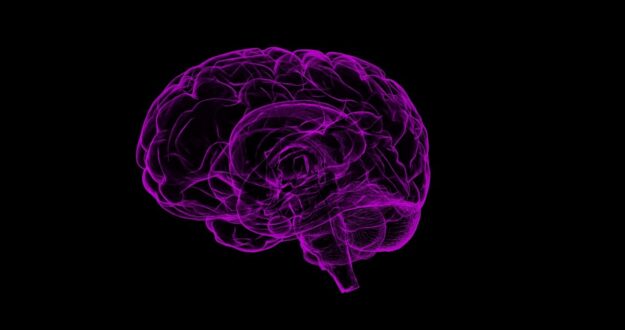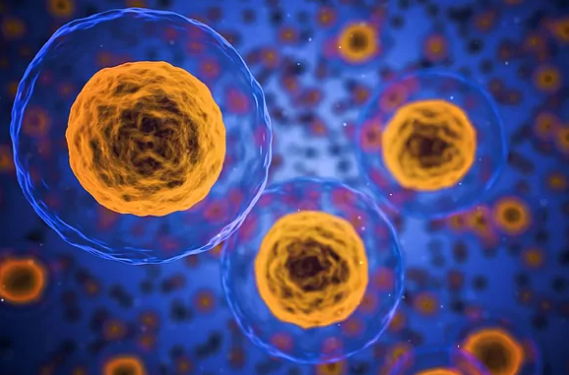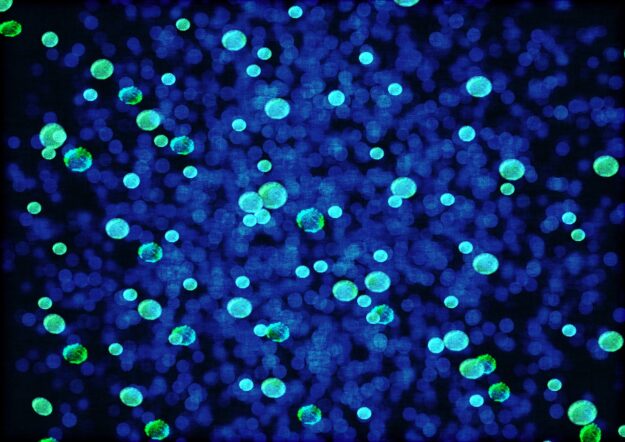A Guide To The Best Diets For Hypothyroidism: Foods To Eat And What To Avoid
Hypothyroidism, a condition caused by an underactive thyroid, can create a wide variety of symptoms, such as fatigue, weight gain, trouble tolerating the cold, and joint and muscle pain. If you are currently living with hypothyroidism, medication is usually recommended, but what you eat can also play a crucial role in thyroid function. Certain…












